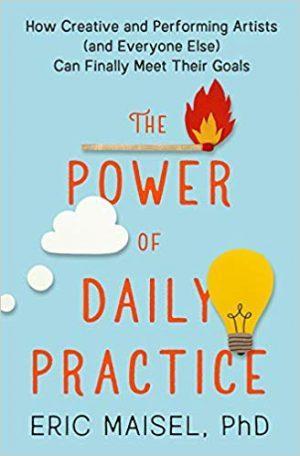How to lose weight for hopeless cases
0,00 €
| Language of origin | |
|---|---|
| Publication date |
In the end, losing weight often doesn’t work out and many people just give up at some point. Two Viennese doctors want to change that with their book “How to loseweight for hopeless Cases – hardcore tips from addiction medicine”. Dr. Shird Schindler, senior physician at the Social Medical Center of the Otto Wagner Hospital in Vienna, and his colleague, the neurosurgeon and psychiatrist Dr. Iris Zachenhofer, have adapted addiction medicine methods for eating behavior. The result cover unusual, but efficient and scientifically based techniques that can help to lose weight permanently.
Clinically proven
What to do when the desire for something that harms us gets out of hand and threatens to lose control? This desire is called “craving” in addiction medicine and there are clinically proven antidotes (“skills”) that can also be used when eating. Dripping hot candle wax on your upper arm or clicking a rubber band on your wrist are just as much a part of it as listening to hard rock loudly – given you don’t like hard rock. Schindler and Zachenhofer: “This can trigger processes in the brain that push the craving into the background or make it disappear entirely.”
Warning of pressure through exercise and a healthy diet
The recommendations of the two addiction specialists in terms of exercise and healthy nutrition are surprising. “Both are terms that many people unconsciously have saved as hate words,” said Schindler and Zachenhofer. “If people try to force themselves to do it anyway, it can have the opposite effect. They then show what is known as ‘reactant’ behavior. That means, that their defense against the both will only increase.”
Experience shows, that the need for more exercise arises automatically,as soon as people start to deal more intensively with their diet and their bodies, according to the practical knowledge of the book authors. This process occurs reliably and can beawaited with patience. When it comes to eating, the two recommend choosing “beneficial” instead of “healthy”. Studies have shown that the same food is perceived as less tasty and less filling if it is labeled “healthy”.
Discipline can be conjured up
The two doctors also spot misunderstandings on the subject of discipline. Sticking to your own eating habits and simply eating less is extremely difficult and difficult to maintain in the long run. However, discipline can be “conjured up” by changing eating habits.
For example, part of the craving, the so-called chemical craving, is triggered and intensified due to certain neurological processes, especially by industrially produced and heavily processed foods. A diet based on natural foods and home-cooked foods makes it much easier to overcome cravings for more food and to be disciplined.
Smell instead of eat
In their book “How to lose weight for hopeless cases”, Schindler and Zachenhofer deliberately do not propose a new diet. They analyze the sixty best-known diets in terms of their addiction-medical relevance and give recommendations, for example for the Mediterranean diet. But above all, they help to actually stick to the chosen diet for at least 28 days.
Overcoming the “craving” is the most important issue. One of their many suggestions for an emergency: tear open a pack of gummy bears and stick your nose in for more than two minutes. Research has found that short-term smell impressions can trigger craving, but after two minutes a feeling of satiety sets in.







